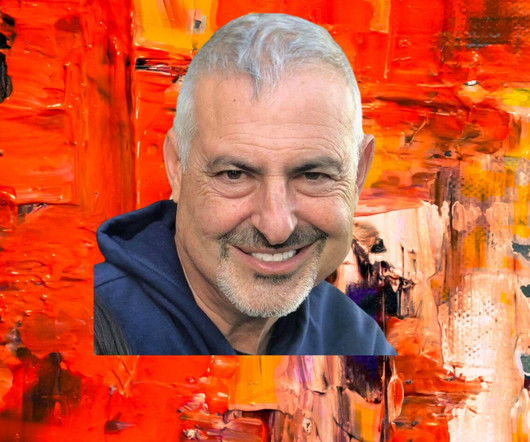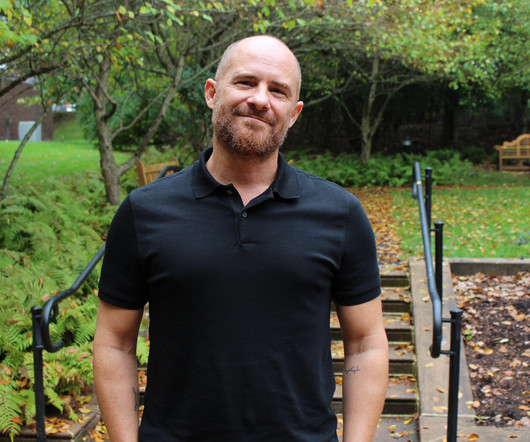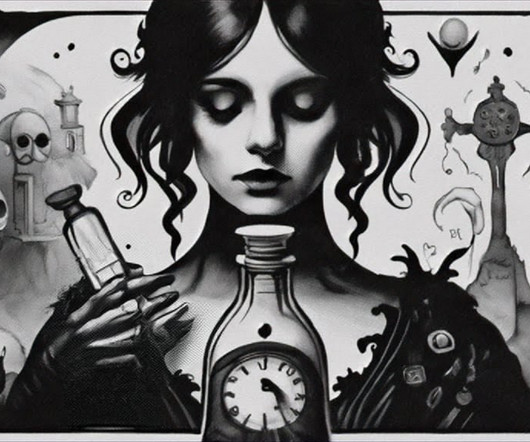Treat Systems, Not Symptoms: Defending the Sanity of the Oppressed
Mad in America
JULY 31, 2025
1 This burden in mental health systems is paralleled globally, and yet, the WHO estimates that 35 to 50% of individuals in high income countries like the U.S. do not receive mental health care. 2 There is a significant treatment gap coupled with global underfunding in mental health care.















Let's personalize your content